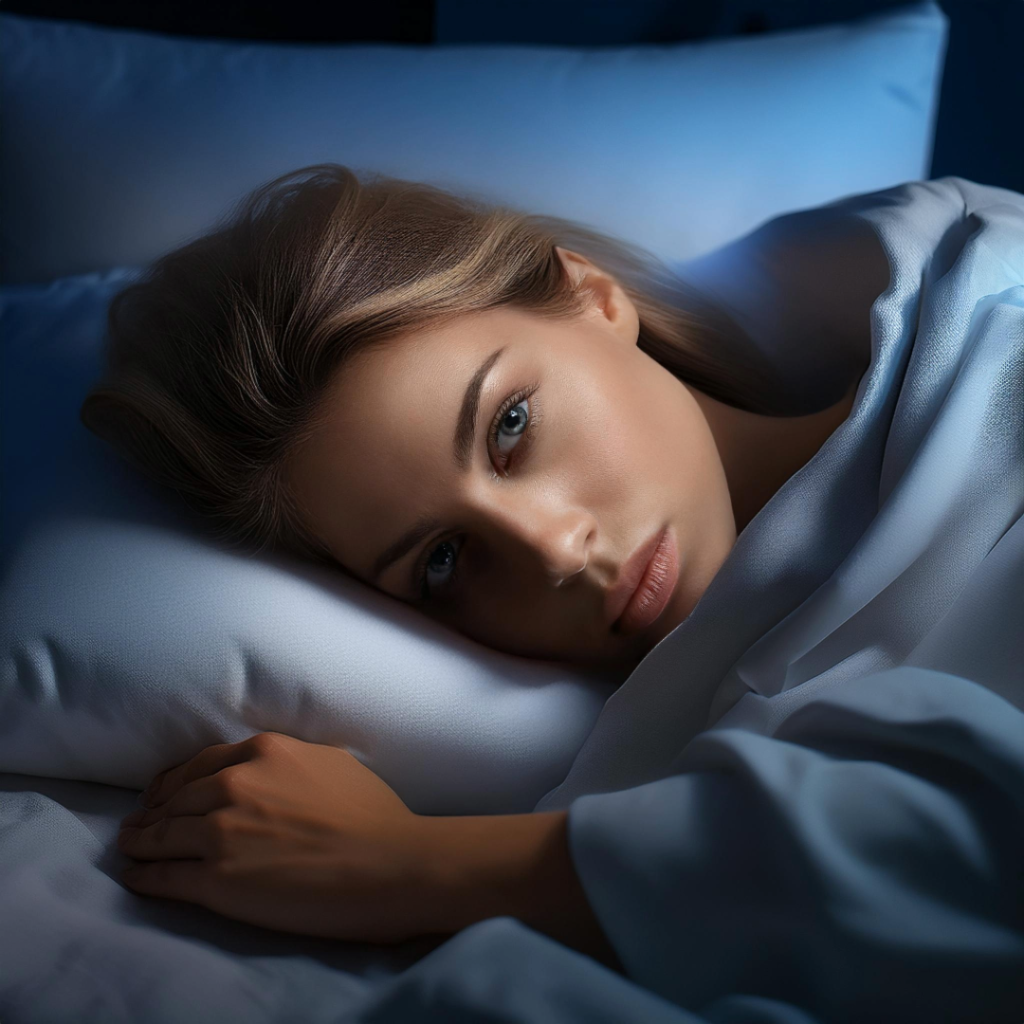Deep Sleep vs. REM Sleep: Understanding the Sleep Cycle
Sleep is a crucial component of our overall health and well-being, but not all sleep is created equal. Understanding the different stages of sleep, particularly Deep Sleep and REM Sleep, can help you appreciate the complexity of your sleep cycle and its impact on your health. In this blog, brought to you by Restolex Mattress Company, we’ll explore the differences between Deep Sleep and REM Sleep, their significance, and how you can optimize your sleep for better health.

The Sleep Cycle
Our sleep is divided into several stages, which together form a cycle that repeats multiple times throughout the night. The sleep cycle is typically divided into two main types:
- Non-Rapid Eye Movement (NREM) Sleep: Includes stages 1, 2, 3, and 4.
- Rapid Eye Movement (REM) Sleep: A distinct phase characterized by rapid eye movements and vivid dreaming.
Deep Sleep (Slow-Wave Sleep)
Deep Sleep is also known as Slow-Wave Sleep (SWS) and is one of the most restorative stages of sleep. It occurs during NREM sleep and is characterized by:
- Brain Activity: During Deep Sleep, brain activity slows down significantly, with slow, high-amplitude brain waves called delta waves dominating.
- Physical Restoration: This stage is essential for physical repair and growth. It promotes the release of growth hormones and supports tissue repair, muscle growth, and immune function.
- Memory Consolidation: Deep Sleep plays a crucial role in consolidating memories and learning. It helps solidify information acquired during the day and supports cognitive functions.
- Reduced Conscious Awareness: During Deep Sleep, the body is in a state of minimal consciousness, making it difficult to be woken by external stimuli. This deep rest is vital for overall recovery and rejuvenation.
How to Improve Deep Sleep:
- Create a Consistent Sleep Schedule: Going to bed and waking up at the same time each day helps regulate your sleep-wake cycle and enhances the quality of Deep Sleep.
- Maintain a Comfortable Sleep Environment: Invest in a high-quality mattress from Restolex to ensure optimal comfort and support. A comfortable sleep environment promotes better sleep quality and deeper rest.
- Avoid Stimulants: Limit caffeine and nicotine intake, especially in the hours leading up to bedtime, as these can interfere with your ability to enter Deep Sleep.
REM Sleep
REM Sleep (Rapid Eye Movement Sleep) is another critical stage of the sleep cycle, characterized by:
- Brain Activity: During REM Sleep, brain activity increases, resembling wakefulness. This stage is associated with vivid dreaming and heightened cognitive activity.
- Emotional Processing: REM Sleep plays a significant role in emotional regulation and processing. It helps process and integrate emotions and experiences, contributing to emotional resilience and mental health.
- Memory Enhancement: REM Sleep is crucial for memory consolidation, particularly for procedural and emotional memory. It supports learning and creativity by reinforcing and integrating new information.
- Physical Changes: During REM Sleep, the body experiences temporary paralysis of most muscles, which prevents us from acting out our dreams. This muscle atonia is a protective mechanism that ensures physical safety during sleep.
How to Improve REM Sleep:
- Prioritize Sleep Duration: Ensure you get enough total sleep each night, as REM Sleep typically occurs in longer periods during the latter half of the night.
- Create a Relaxing Bedtime Routine: Engage in calming activities before bed to help you transition into REM Sleep more smoothly. Practices like reading, gentle stretching, or meditation can be beneficial.
- Limit Alcohol and Stimulants: Alcohol and stimulants can disrupt REM Sleep. Avoid consuming these substances close to bedtime to improve the quality of your REM cycles.
Balancing Deep Sleep and REM Sleep
Both Deep Sleep and REM Sleep are essential for overall health and well-being. Deep Sleep supports physical restoration and memory consolidation, while REM Sleep plays a crucial role in emotional processing and cognitive functions. To optimize your sleep cycle and ensure you receive adequate amounts of both types of sleep:
- Prioritize Sleep Quality: Invest in a high-quality mattress that provides optimal comfort and support, such as those offered by Restolex. A comfortable sleep environment enhances both Deep Sleep and REM Sleep.
- Maintain Healthy Sleep Habits: Follow a consistent sleep schedule, create a relaxing bedtime routine, and avoid substances that can disrupt your sleep cycle.
- Monitor Sleep Patterns: Consider using a sleep tracker or consulting with a healthcare provider to better understand your sleep patterns and make adjustments as needed.
Conclusion
Understanding the differences between Deep Sleep and REM Sleep and their roles in your overall sleep health is key to achieving restorative rest. By optimizing your sleep environment and adopting healthy sleep habits, you can improve the quality of both Deep Sleep and REM Sleep, leading to better physical health, emotional well-being, and cognitive function.
Newsletter Sign Up
Join our community to receive exclusive updates, sleep tips, and special offers directly in your inbox. Stay informed and be the first to know about our latest products and promotions.

Contact Us
- 9/1, Ashokapuram, Industrial Suburb, Yeshwanthpur, Bengaluru-560022, India
-
care@restolex.com
Orders@restolex.com
Support@restolex.com -
+91-8750054466
+91-8123018558
